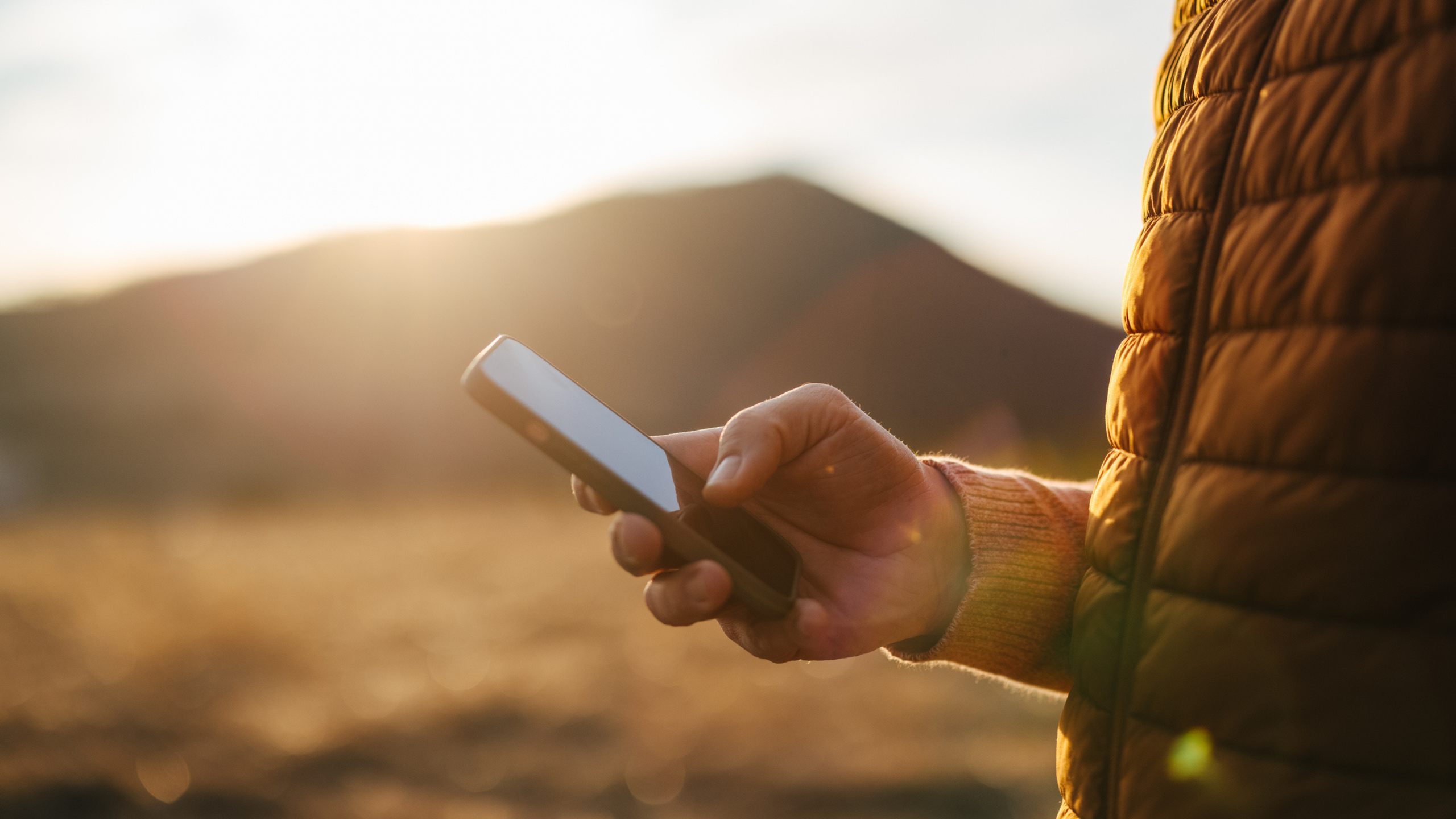
Why 70% of Guests Leave if Your Website Isn’t Mobile-Friendly
Imagine this: a couple in Atlanta is planning a last-minute fall getaway. They Google “glamping cabins near Asheville,” click your website… and wait. The homepage takes six seconds to load. The photos are tiny, the booking button is buried three clicks deep, and the site isn’t sized for their phone screen.
They close the tab. Within seconds, they’re booking a cabin at another property — one with a sleek, mobile-friendly site that makes it easy to say yes.
This is the reality for many RV resorts, campgrounds, and glamping destinations. If your website isn’t mobile-optimized, you’re losing bookings. In fact, studies show nearly 70% of travelers abandon sites that don’t provide a seamless mobile experience.
Here’s why mobile-first design isn’t optional — and how it directly impacts your occupancy and revenue.
1. Most Guests Book Travel on Their Phones
Today’s guests aren’t sitting at a desktop to plan trips. They’re researching, comparing, and booking directly from their mobile devices.
- Over 60% of all online travel bookings now happen on mobile.
- Younger travelers, in particular, expect one-click, app-like experiences when booking.
- Even retirees are adopting mobile booking as smartphones become their go-to device for search and maps.
This means your website isn’t just a marketing tool — it is the guest experience. If it’s not mobile-friendly, you’re invisible to the majority of your market.
2. Poor Mobile Experience = Lost Occupancy
Guests don’t forgive bad digital experiences. No matter how great your property is, a clunky website communicates that your resort is outdated or disorganized.
Here’s what typically drives guests away:
- Slow load times. Google reports that 53% of users leave if a site takes more than 3 seconds to load.
- Hard-to-navigate menus. If guests can’t find rates or the booking engine quickly, they move on.
- Low-quality visuals. Blurry or cropped photos make even luxury cabins or Airstreams look unappealing.
- Non-responsive design. If a guest has to pinch-zoom or scroll sideways, the trust is gone.
By contrast, properties like Campspot and AutoCamp offer streamlined booking experiences. Campspot’s platform is built mobile-first, making it easy to see availability, pricing, and book in minutes. AutoCamp’s website pairs bold visuals with frictionless navigation, reinforcing the premium brand story from the first click.
Lesson: Guests will never experience your amazing resort if they can’t book it.
3. Google Rewards Mobile-Friendly Sites
Mobile design isn’t just about guest convenience. It’s also about visibility.
Google uses mobile-first indexing — meaning it evaluates your site’s mobile version to determine how you rank in search results. If your site isn’t optimized, you won’t just lose conversions — you’ll lose traffic in the first place.
A campground in Colorado Springs learned this the hard way. Their old website wasn’t mobile-optimized, causing them to drop off the first page of Google for “RV camping near Colorado Springs.” After investing in a mobile-first redesign, they regained first-page visibility and saw a 32% increase in organic bookings within three months.
📊 Industry Stat: 94% of first impressions about a website are design-related. In outdoor hospitality, that translates directly to occupancy.
4. What a Mobile-Friendly Outdoor Hospitality Website Must Have
A strong mobile experience isn’t just about resizing your desktop site. It requires intentional design choices that cater to on-the-go travelers. Here’s a checklist:
- Prominent booking button always visible (sticky on scroll).
- Fast load speeds under 3 seconds.
- Interactive maps showing property layout and directions.
- Mobile-optimized galleries for cabins, yurts, Airstreams, and RV sites.
- Click-to-call and click-to-navigate integrations.
- Guest reviews and ratings front and center for trust-building.
- Easy-to-read typography and simple menus.
Compare this to Hipcamp, whose property pages load quickly, feature bold visuals, and make booking seamless. Their design reinforces the brand promise of “easy access to unique stays” — and the UX delivers on it.
5. Mobile Experience Extends Your Brand
Your website is the first impression of your brand. If it feels modern, polished, and easy to use, guests assume your property will deliver the same quality. If it feels clunky, confusing, or outdated, they assume the opposite.
Take Under Canvas. Their mobile site is a masterclass in brand storytelling: aspirational photography, clear calls to action, and immersive visuals that reinforce the “luxury adventure” positioning. Before a guest even steps onto the property, they feel the brand promise coming to life.
Your website is not separate from the guest experience — it is the digital front door to your property. Make it inviting, intuitive, and inspiring.
6. The ROI of Mobile Optimization
Some owners view website redesigns as an expense. In reality, mobile optimization is one of the highest-ROI investments you can make.
- Higher conversions: Modern booking engines increase direct bookings by up to 48%.
- Increased nightly rates: Guests are willing to pay more when the booking experience feels premium.
- Reduced OTA reliance: A better direct-booking site lowers dependence on costly third-party platforms.
In short: every dollar you invest in your digital presence translates into higher occupancy, stronger rates, and long-term brand equity.
Final Thought
Guests are booking travel differently than they did five years ago. They expect speed, simplicity, and seamless experiences from their phones — and they’ll leave if they don’t get it.
Your website is no longer just a marketing tool. It’s your most important booking engine, your first impression, and the foundation of your brand.
If it isn’t mobile-friendly, you’re not just losing clicks. You’re losing guests.👉 Want to see how your site measures up? Get your free Website Audit with Meet at Basecamp.
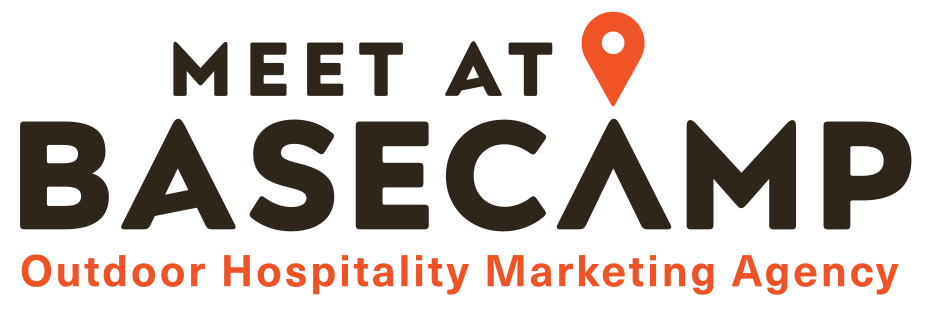
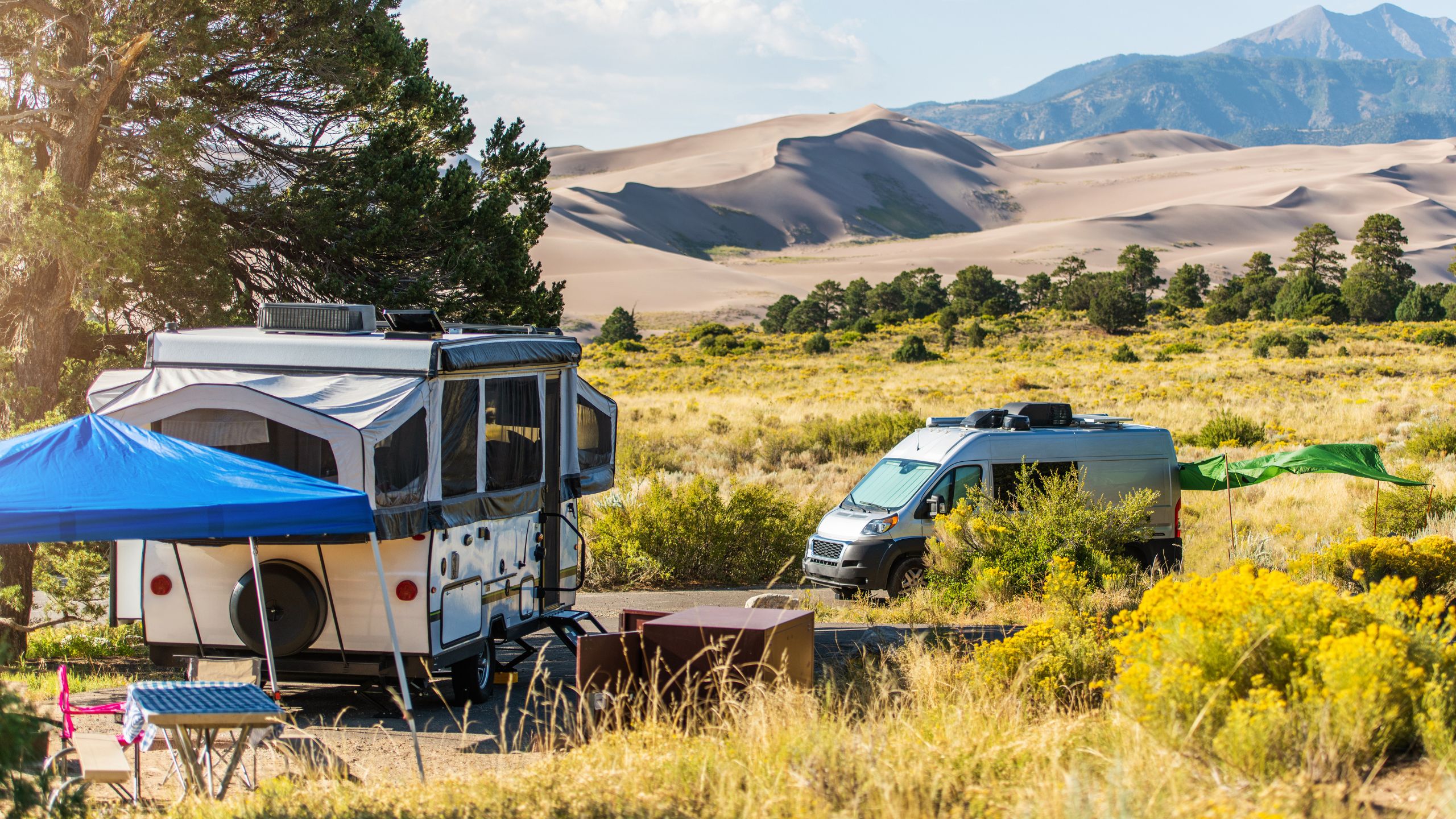
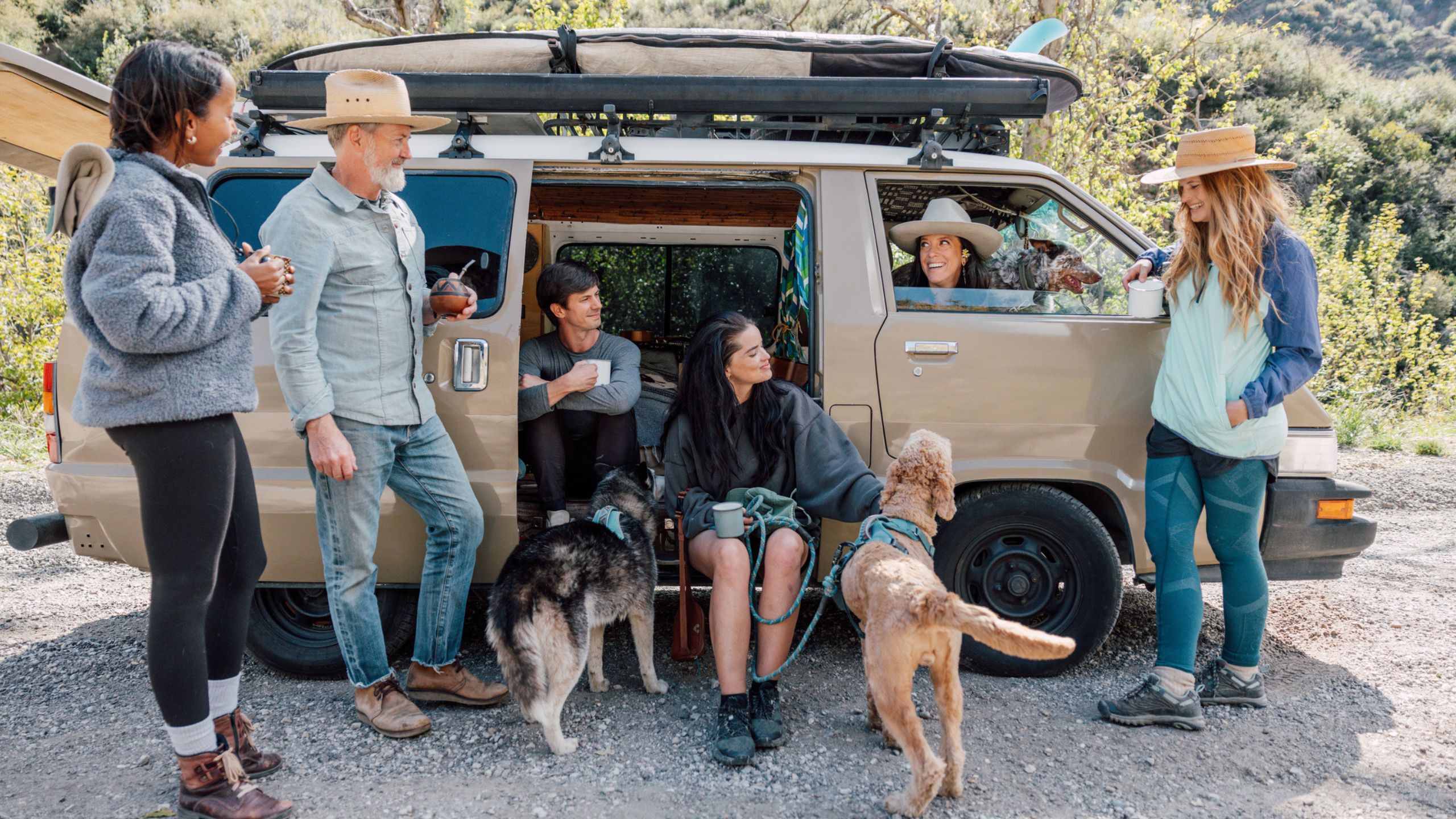
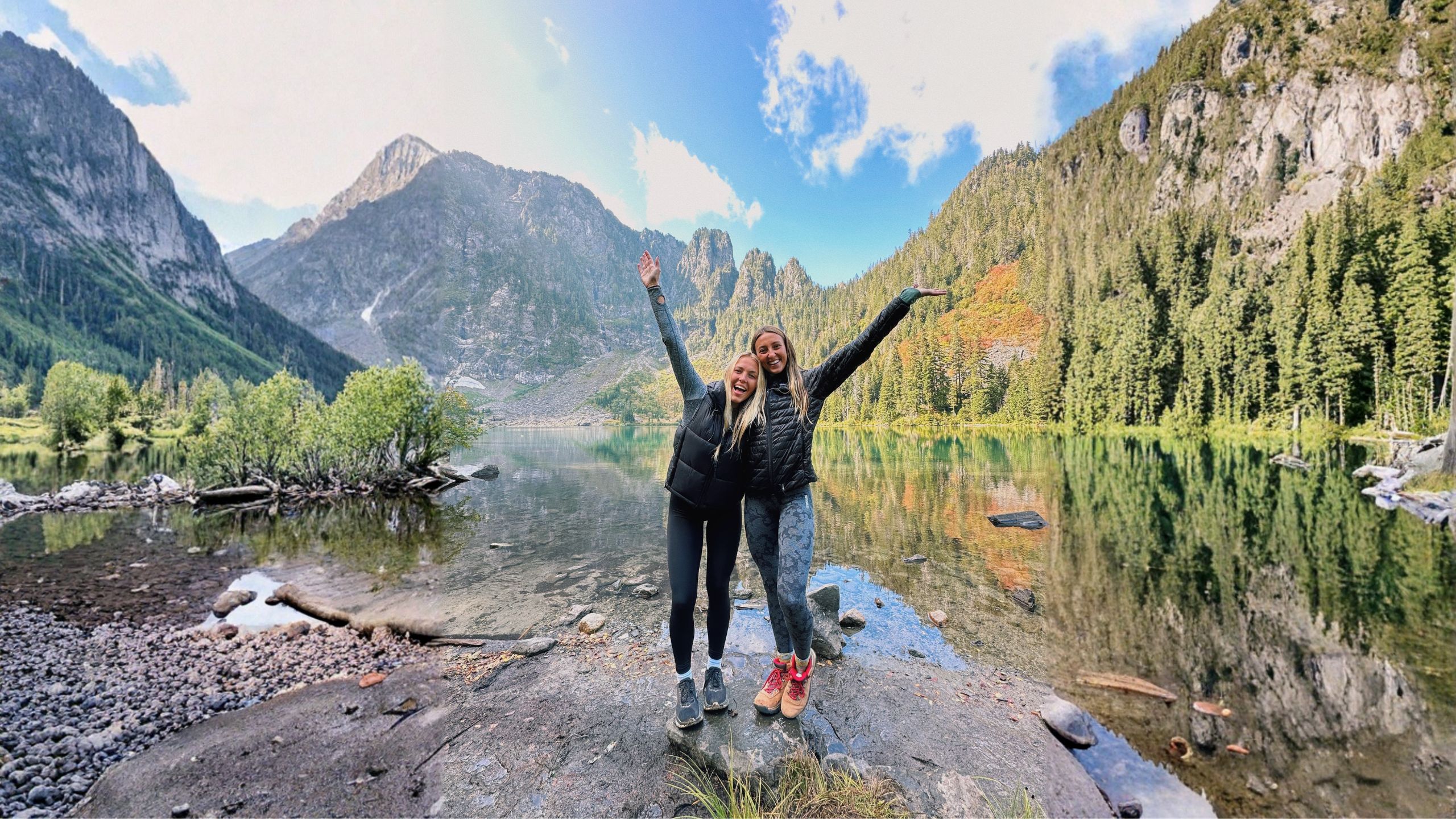
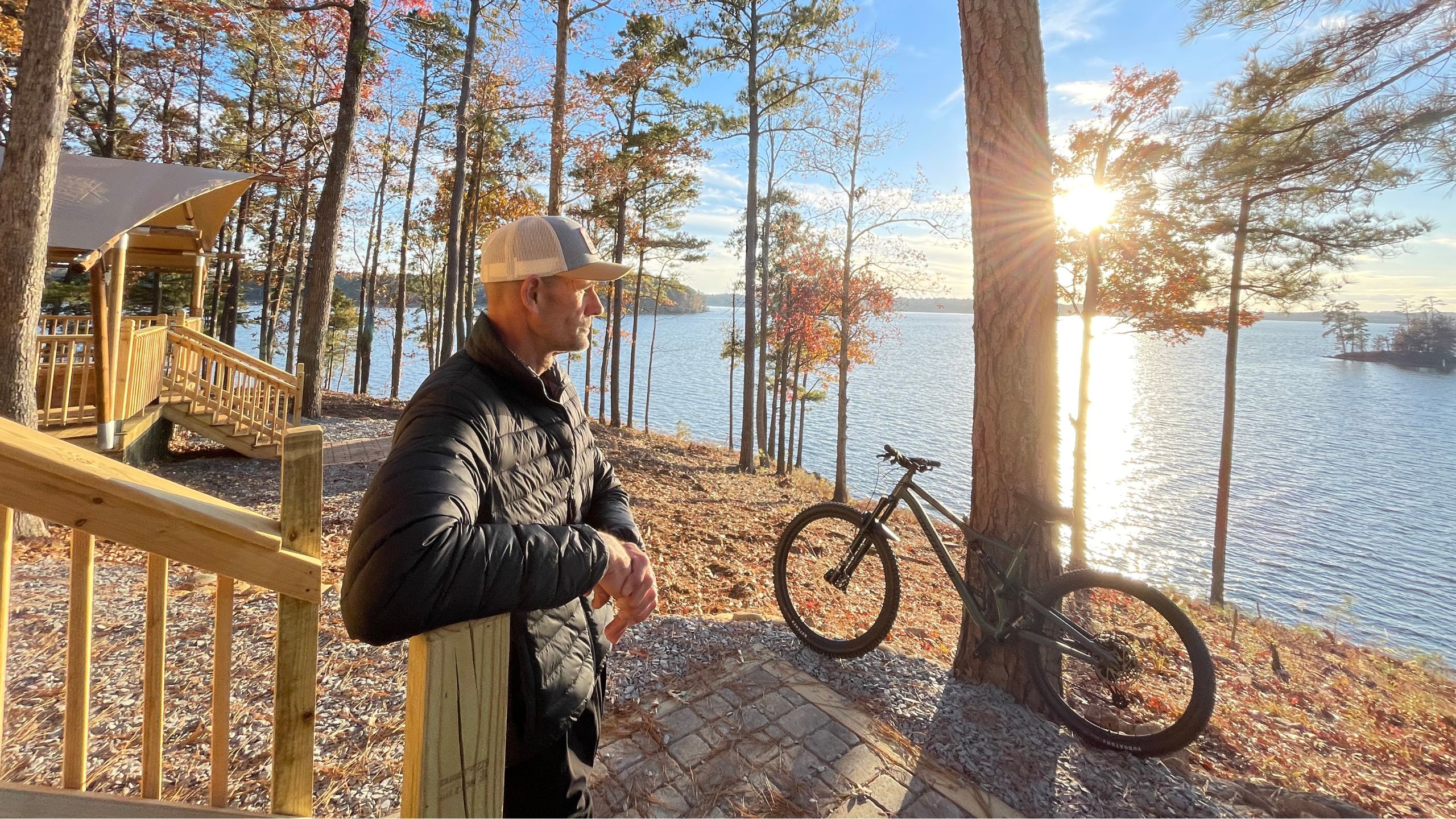
Leave a comment: